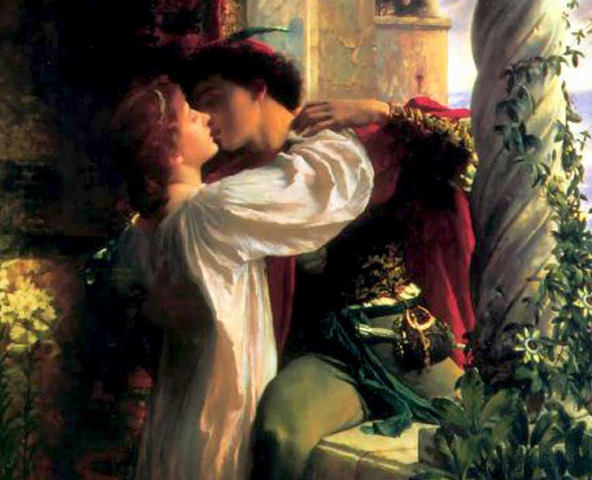Lust vs Passion
Lust and Passion are two emotions often used interchangeably, but understanding their distinct meanings is essential. Lust refers to a strong desire for pleasure or satisfaction, whereas passion is an intense emotion of love and enthusiasm. In this article, we will explore the differences between these two emotions and their individual meanings.
What is Passion?
Passion can be described as an intense love, blossoming enthusiasm, or even a display of anger and hatred. This emotion can be directed towards a person, object, or activity. It can be related to strong feelings of sexual love or applied to activities or objects, such as employment or hobbies. For example, a person may have a great passion for their work, which suggests that they are very enthusiastic about it and enjoy it. Passion can be considered a positive energy, as it drives people to perform tasks to the best of their ability.
What is Lust?
Lust refers to a strong sexual desire or a powerful need for fulfillment and pleasure. Similar to passion, lust can be directed at a person or an object. However, in the context of relationships, the term lust is used when there is no love between the two parties, only sexual desire. Lust can also be applied to other situations, such as politicians having a lust for power, which highlights a sense of hunger that needs to be fulfilled and a desire for pleasure. Unlike passion, lust has a more negative connotation.
Key Takeaways
- Passion is an intense love, enthusiasm, or excitement directed towards an individual, object, or activity.
- Lust refers to a strong sexual desire or a powerful need for fulfillment and pleasure, which can be directed at a person or an object.
- While passion is channeled towards something of great liking, lust is channeled towards the self as a means of gaining pleasure, and it has a more negative meaning associated with it.
